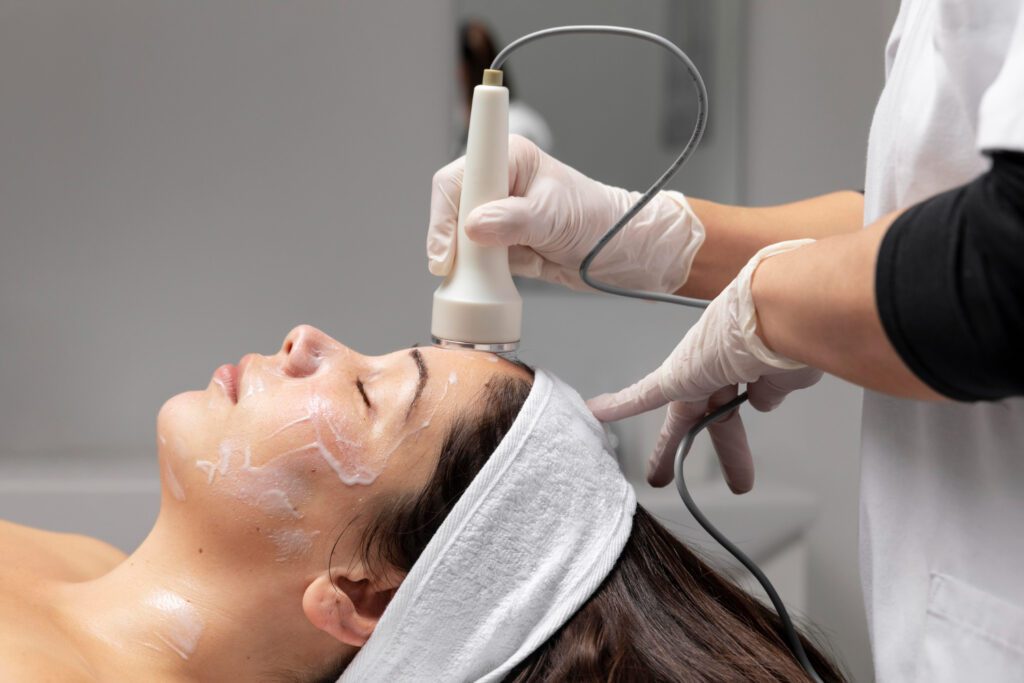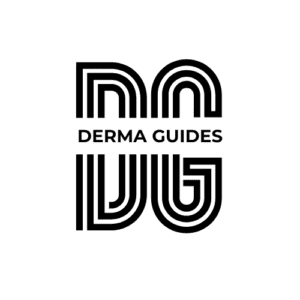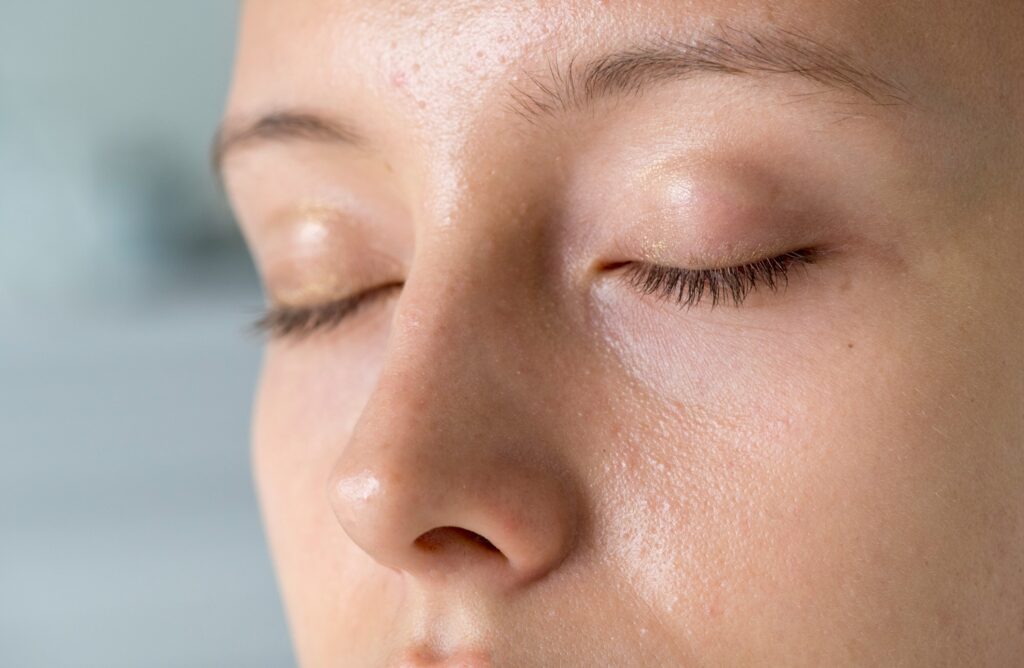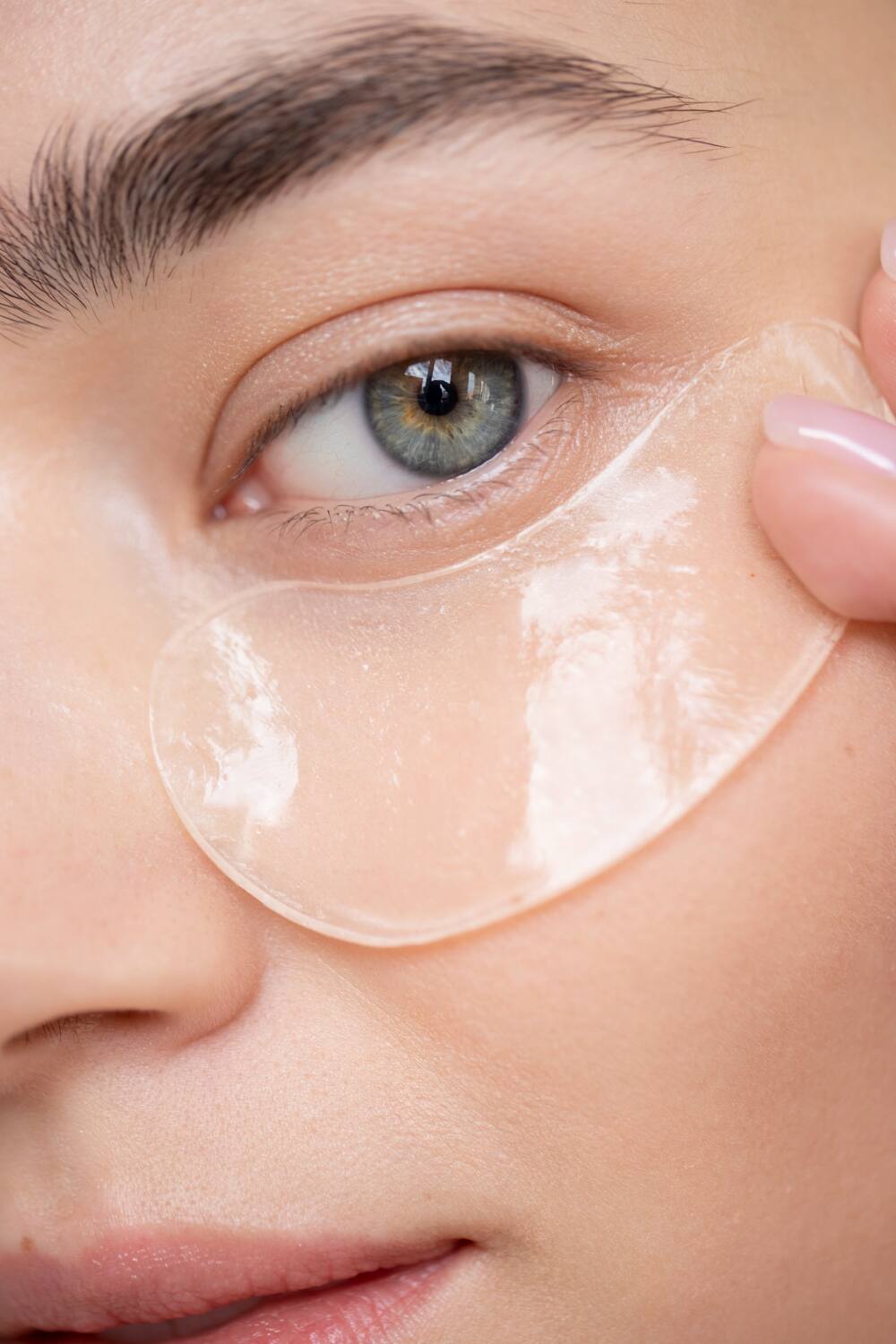For many people, open pores present a common problem causing an uneven or rough complexion with the tendency to easily get acne. Causes of open pores can be excess oil, aging, or environmental conditions. But the right open pores treatment can minimize them. We will discuss the most effective treatments to reduce pores, prevent them from growing further, and also tell you how to care for your skin both professionally in a salon and at home.
By the end of this article, you will have enough knowledge to make the best choice that will work best for you according to your skin needs whether it may be a professional skin treatment or at-home remedy.
What Are Open Pores?
Open pores are tiny holes in the skin that allow your body to release sweat and oils (sebum) to keep the skin moisturized. While pores themselves can never be fully eliminated, their appearance can be minimized with the right skincare routine and treatments.
Many times, enlarged pores result when dirt, oil, dead skin cells, or bacteria penetrate the pores, causing them to stretch open and appear larger. Several factors control the size and appearance of your pores, including your skin type, age, genetics, and lifestyle.
What Causes Open Pores?
To deal with open pores effectively, you need to know what causes them. Here are the major causes of enlarged pores:
- Overproduction of Oil: Oily skin is the largest contributor to large pores. Excessive oil within the pores may cause clogging, stretching, and dilation of pores and make them appear big.
- Aging and Decline in Collagen: Due to reduced levels of collagen, your skin loses the elasticity it once had resulting in pores becoming more noticeable on your face.
- Clogged pores: Dirt, dead skin cells, makeup, and other impurities may enter and block the pores. It stretches out the pores from the buildup and makes them appear more visible.
- Sun Exposure: UV damage breaks down the collagen and elastin fibers under the skin’s surface. The skin loses firmness and appears to have larger pores.
- Genetics: Some people are born with larger pores, especially if the parents share the same skin type.
According to the American Academy of Dermatology, skin elasticity decreases over time, leading to the gradual enlargement of pores
Symptoms of Enlarged Pores
Here are several visible symptoms related to enlarged pores:
- Visible Pores: Most noticeable in the T-zone (forehead, nose, chin), because pores here are more prominent due to oil production.
- Skin Texture: It can lead to a bumpy surface, making it harsh.
- Blackheads and Acne: The blockage in pores leads to blackheads, whiteheads, or even acne, which causes an expansion of the pores.

Pros and Cons of Professional Treatments vs. At-Home Remedies
When it comes to minimizing pore size, both professional treatments and at-home remedies can be effective. But each has its own set of advantages and drawbacks. Let’s take a look at the different options for open pores treatment so you can make the right decision for yourself.
Professional Treatments:
1. Microneedling: Microneedling involves the application of fine needles that stimulate collagen production in the skin, thus tightening the skin and gradually reducing the pores over time.
Pros: Quick results. Long-lasting.
Cons: Expensive. Requires professional supervision.

2. Chemical Peels: Chemical exfoliants like glycolic acid or salicylic acid can help open up pores, smooth out the skin texture, and reduce the appearance of large pores.
Pros: Fast, good for acne and pores.
Cons: Irritation is very common, especially on sensitive skin.
3. Laser Treatments: Lasers like fractional CO2 or IPL stimulate collagen and elastin, tighten the skin, and reduce pores.
Pros: Professional, long-lasting results.
Cons: Expensive, some recovery time.
If you’re looking for additional strategies to reduce pore size, our guide on shrinking large pores fast offers effective tips you can try.
Natural Remedies
If you want a more natural approach, some home remedies can be applied to help tighten pores over time. They are not as fast or dramatic in action but good for improving the appearance of your skin.
1. Aloe Vera: The key components in aloe vera possess natural calming and anti-inflammatory properties. They help to soothe irritation on the skin surface and draw pores together. Apply fresh aloe gel onto your face for about 15-20 minutes before rinsing it off.
2. Ice Cubes: Cold temperatures would reduce pores for a short while thereby tightening them, and making them appear smaller. Place an ice cube in a soft cloth and rub it over your face for some minutes.
3. Apple Cider Vinegar: Apple cider vinegar is used as a natural astringent that tenses the skin and balances pH levels. Mix one part of the apple cider vinegar with two parts of water and apply it on your face using cotton pads to reduce oil production and tighten pores.
4. Honey and Lemon Mask: Honey will prevent bacterial attacks; lemon will help exfoliate the skin. Mix a spoonful of honey with a few drops of lemon juice. Apply it to the face and wash off after 15-20 minutes.
5. Green Tea: Green tea is full of anti-inflammatory oxidants. Green tea soothes and reduces pores. Brew green tea, cool it, and apply it to your face with a cotton pad as a toner.
How to Layer Your Skincare for Open Pores Treatment: A Step-by-Step Guide
To maximize the effectiveness of your pore-minimizing treatments, it’s important to layer your skincare products in the correct order. Proper layering helps ingredients penetrate your skin and work together to minimize pore size. The Correct Skincare Layering Order:
1. Use Non-Comedogenic Products
Use non-comedogenic skincare products: Opt for non-comedogenic products (formulated to prevent pore blockages). These are products that are not likely to clog pores, and you should stay away from oil-based cleansers, moisturizers, and makeup. Instead use oil-free products that won’t let oils and dirt build up, hence not letting the pores become enlarged.
2. Gentle Cleansing Routine
It is important to clean your face twice a day to maintain clear pores. Use a gentle, non-stripping cleanser to get rid of excess oils, dirt, and pollution. Do not use harsh cleansers or wash your face too much, as this can irritate your skin and make pores appear enlarged. A well-balanced routine maintains your skin clear, with pores minimized.
3. Exfoliate Regularly to Prevent Clogged Pores
Exfoliating your skin is one of the essential ways to fight clogged pores. Regular exfoliation removes dead skin cells and prevents buildup, which helps keep pores clear. Choose between:
- Salicylic Acid (BHA): Ideal for oily or acne-prone skin, this exfoliant penetrates deep into pores to clear out oils and debris.
- Alpha-Hydroxy Acid (AHA): Best for dry or dull skin, AHAs like glycolic acid help with skin turnover and reduce surface buildup.
Exfoliate 1-2 times a week to avoid clogged pores and their enlargement.
4. Retinol for Renewing
Retinol, an analog of Vitamin A, is one of the best ingredients when used to minimize the effect of open pores. It quickens the turnover of skin cells, wipes out clogged pores, and stimulates collagen production. With continued application, retinol causes the skin to tighten and reduces pores, rendering the skin smoother, with minute textures.
Tip: Start with lower concentration retinol: 0.25% or 0.5% and gradually increase as your skin becomes used to it.
5. Try Clay Masks for Pore Tightening
Clay masks, especially those with bentonite or kaolin clay, are excellent for tightening pores, particularly for oily skin types. Clay masks absorb excess oil and suck out impurities from blocked pores, thus making pores appear more diminutive. Apply a clay mask one to two times a week as a way of detoxifying your skin.
6. Hydrate with Oil-Free, Non-Comedogenic Moisturizers
Even oily skin needs moisture. Use oil-free moisturizers that hydrate the skin without blocking pores. They balance the natural oil production of the skin so your skin won’t produce more oil than necessary which can widen the pores.
7. Always apply sun protection
Protecting your skin from the sun is crucial in preventing further pore enlargement. UV rays damage the skin’s structural fibers, weakening its elasticity and making pores more visible. Prevent the damage by applying broad-spectrum sunscreen of at least SPF 30 daily, not only during sunny weather but also in cloudy ones.
8. Healthy Living and Nutrition
A balanced diet can improve your skin’s appearance. Omega-3 fatty acids, found in fish like salmon, help reduce inflammation, while antioxidants from fruits and vegetables support skin health. Staying hydrated by drinking plenty of water and reducing stress also contribute to clear, smooth skin.
Want a step-by-step guide to maintain that clean, radiant look? Don’t miss our article on 7 Easy Face Clean-Up Steps for All Skin Types. It’s filled with practical tips to prep your skin and enhance your open pores treatment results.
Prevention Tips: How to Not Enlarge the Pores
Prevention is always better than treatment. Here are a few tips to help you avoid enlarging your pores:
- Do not Over-Wash: Avoid over-washing your face because over-washing will trigger oil production. You should stick to cleaning your face using simple gentle products.
- Do not touch the face: Avoid touching your face because the bacteria and oils of your hands might close some pores on your face.
- Non-Comedogenic Products: Non-comedogenic products ensure that they prevent pore blockage. Use non-comedogenic products when making up your face.
Key Takeaways
Closing open pores doesn’t happen overnight. However, with the right care and a proper open pores treatment plan, you can reduce their appearance by a considerable amount. Whether you prefer professional treatments or natural remedies at home, the key to success is consistency and proper skincare.
Start your open pores treatment journey by introducing gentle cleansing, regular exfoliation, sun protection, and oil-free moisturization to your skincare routine. In due time, if you strictly follow these basic steps, your skin will start to reflect a smoother, clearer, and better-balanced complexion over time.


